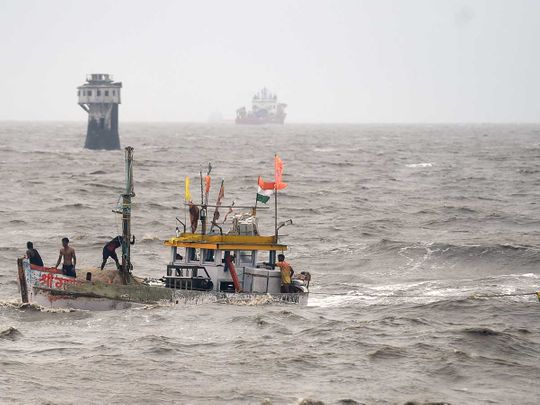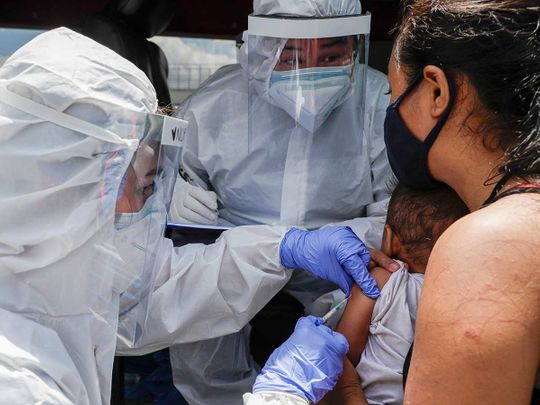Mangaluru :The demand has cropped up again after over six months. In their latest appeal, fishermen have sought the intervention of the Deputy Commissioner of Dakshina Kannada.
Last November 11, Nitin Kumar, chairman, Karnataka Fisheries Development Corporation and president of Mangaluru Trawl Boat Fishermen’s Association, and other stakeholders wrote to then Minister for Fisheries, Ports and Inland Transport Kota Srinivas Poojary to prevail upon the government to declare the over-a-half century-old College of Fisheries in the city as the fisheries university. They urged the government to declare the formation of the university on World Fishermen’s Day on November 21 itself. The matter was in dormant stage since then.
In a fresh appeal, signed by 55 fishermen, to Deputy Commissioner K.V. Rajendra on June 30, they said that the College of Fisheries was established in 1969 and it was the first such college to come up in the country. Initially the college was affiliated to the University of Agricultural Sciences (UAS), Bengaluru. Later it was brought under the Bidar-based Karnataka Veterinary, Animal and Fisheries Sciences University (KVAFS) in 2005. But the university has given least priority to the fisheries sector. Hence there is a need to carve the college out of the university to make itself a university.
The appeal said that formation of the university will help to impart various skills to fishermen, get reservation facility in admission to various courses, and guide fishermen to uplift socially and economically.
Mr. Kumar told The Hindu that Tamil Nadu, Kerala, and Andra Pradesh already have a fisheries university each. At a meeting by Mr. Poojary, who is also Minister in charge of Dakshina Kannada, at the college on October 26, 2020, it the matter of setting up a university was discussed.
In the meeting, the college had also urged the government to declare it as a university so as to take the State to new heights in the fisheries sector thereby generating considerable revenue.
The university can offer diploma and polytechnic courses related to fishing and allied sectors. In addition, new departments in climate change, remote sensing and artificial intelligence, fisheries business management, and pharmacology and toxicology can also be opened, he said.




